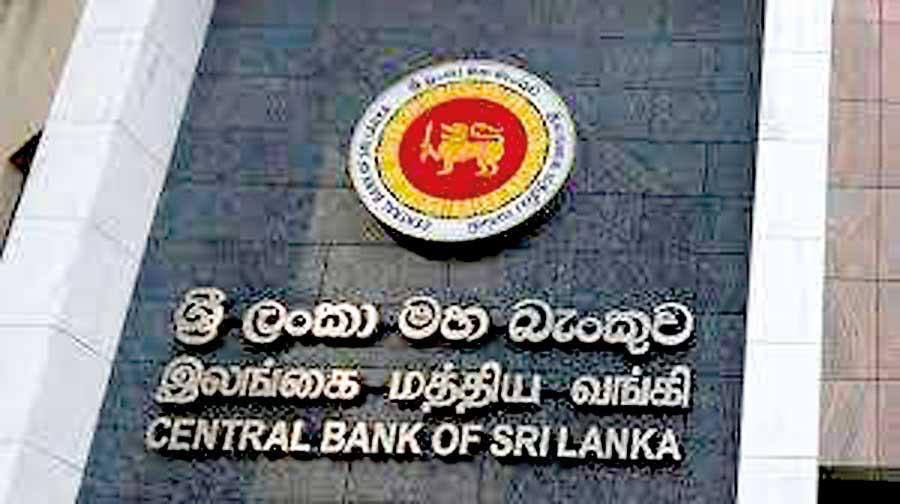Reply To:
Name - Reply Comment

The RTGS system is owned and operated by the Central Bank
Marking a key milestone in the country’s payment industry, the Central Bank’s new real-time gross settlement (RTGS) system is expected to go live within this quarter.
The Central Bank procured consultancy services, with funding from the World Bank, to make the assessment and diagnostic for the enhancement of the RTGS. Accordingly, the Central Bank completed the self-assessments of the International Organisation of Securities Commissions (CPSSIOSCO) Principles for Financial Market Infrastructures (PFMI) compliance for the LankaSettle system for the RTGS and CDS that were reviewed by the World Bank experts.
However, the system upgrade was then pursued from the Central Bank’s own funds, in consultation with the World Bank team.
According to the World Bank latest update, the RTGS test environment is already installed and testing is in progress. Accordingly, the World Bank expects the new system to go live in the first quarter of 2024, with 32 financial institutions participating.
The Central Bank sources also confirmed that the Central Bank is within weeks away from launching the new RTGS system.
Sri Lanka was the first country in South Asia to introduce an RTGS system on September 8, 2003, to facilitate settlement of high-value and time-critical transactions on a real-time basis.
It enabled the country’s banking system to effect interbank payments and complete settlements among themselves on a real-time basis, settling through the accounts maintained at the Central Bank, eliminating undue settlement risk that was prevalent with manual end-of-day settlement system.
The RTGS transactions are made through Society for Worldwide Interbank Financial Telecommunication (SWIFT), which ensured high security of transactions while on transmission.
The new RTGS system is expected to address the deficiencies identified in the present RTGS system while facilitating the latest messaging standards such as ISO20022 in bringing faster, more transparent transactions.
The move to ISO 20022 by all major real-time gross settlement systems (RTGS) and high-value payments systems (HVPS+) globally is one of the most far-reaching initiatives currently underway in the financial services industry.
The RTGS system, the large value inter-participant fund transfer system in Sri Lanka, is owned and operated by the Central Bank. As at the end of the third quarter last year, there were 35 participants in the RTGS system, including the Central Bank, 24 licensed commercial banks, one licensed specialised bank, seven primary dealer companies, the Employees’ Provident Fund and CDS of the Colombo Stock Exchange.